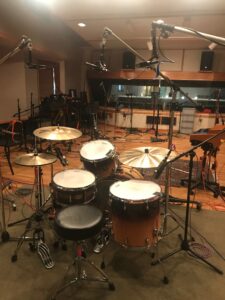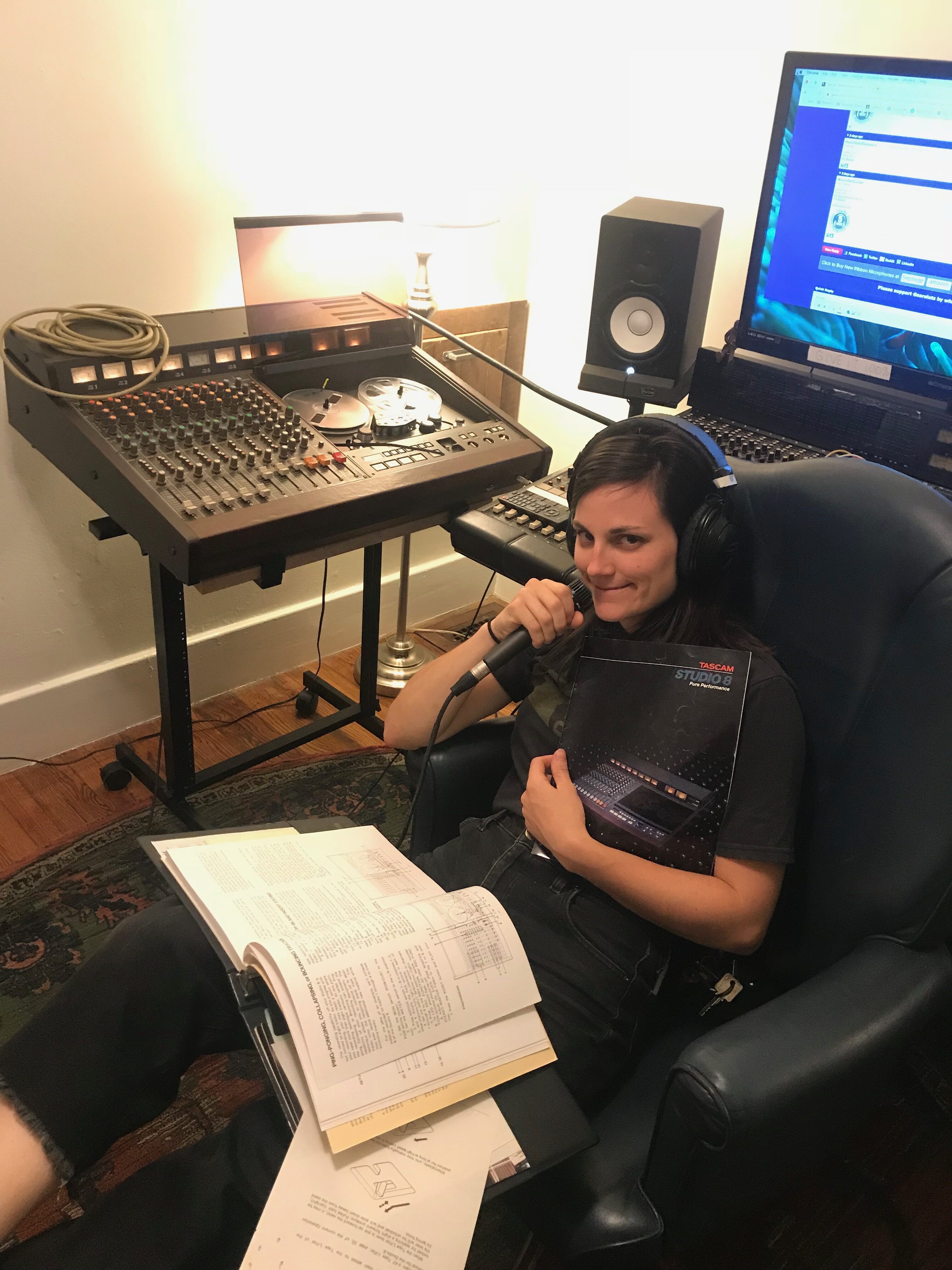A few months ago, I wrote a blog about The Importance of Saying Yes while building a career in audio – something I am still continually practicing. While writing that blog, I realized I wanted to include a follow-up about the importance of saying no. Practicing this discernment is almost more important than saying yes, however, can be much more difficult!
I often find myself wanting to say yes to every opportunity that comes my way. It’s easy for me to do; I’ve grown accustomed to a full schedule of projects to balance, and I tend to be energized by my work. I’ve been in a building stage of my career for long enough to know that saying yes to one thing often leads to another opportunity. Sometimes it’s frightening to say no and feel like I’m missing out on something. The downside of this, however, is that during the times I get increasingly overwhelmed with my schedule, I’m unable to take necessary breaks for myself, which is ultimately bad for both my clients and myself.
 When I think about my ideal career it’s full of flexibility and also full of projects that I’m really passionate about – I want to work on a number of records every year, yet still have enough time to play drums in projects, go on the road, and experiment with making new things with new people. To make all these things happen, I have learned to be more and more selective with my time.
When I think about my ideal career it’s full of flexibility and also full of projects that I’m really passionate about – I want to work on a number of records every year, yet still have enough time to play drums in projects, go on the road, and experiment with making new things with new people. To make all these things happen, I have learned to be more and more selective with my time.
To be more selective, I have to be comfortable with drawing a line and saying no. This doesn’t necessarily mean just saying no to new projects, it means saying no to additional edits past the agreed limit, an extra few takes during tracking or additional unpaid time. It comes down to drawing boundaries and standing up for yourself and your work. Admittedly, I sometimes find it hard to do this in an environment that is so much about curating an atmosphere of support and trust, but it’s ultimately a disservice to everyone involved if I am making decisions from an “I can do everything” mindset. It’s important to set limits, and it’s important for artists to work within those chosen parameters. Saying no doesn’t mean that I don’t want to or can’t do something; it means that I know what’s best for me.
 The tipping point comes when work is coming at a healthy pace (a result of saying yes), and I start to realize what I might not want to work on, or what might not be best for my time. This can be tricky to decide, as the answer isn’t always immediately clear. I often change my rates to meet my clients’ needs, and while I think most freelancers do this to some extent, after some time if you aren’t clear and firm about your rate, you may be undervaluing yourself. This is a concrete way to help establish what is and is not worth your time. This may come at a metaphorical price – you say yes to fewer projects, but the flipside is your work is more valued and more structured. I believe developing this skill is a key component to growing in a freelance career.
The tipping point comes when work is coming at a healthy pace (a result of saying yes), and I start to realize what I might not want to work on, or what might not be best for my time. This can be tricky to decide, as the answer isn’t always immediately clear. I often change my rates to meet my clients’ needs, and while I think most freelancers do this to some extent, after some time if you aren’t clear and firm about your rate, you may be undervaluing yourself. This is a concrete way to help establish what is and is not worth your time. This may come at a metaphorical price – you say yes to fewer projects, but the flipside is your work is more valued and more structured. I believe developing this skill is a key component to growing in a freelance career.
Saying no can be a scary thing – it can feel like a missed opportunity, but ultimately, learning how to say no respectfully but firmly is crucial when valuing yourself, your time, and the growth of your career. As individuals who work for ourselves, it’s our job to set limits and guidelines!
